
The Council of Yukon First Nations launched a new training program for the Yukon’s First Nations family support workers.
The 10-month culturally-specific training program was developed in partnership with CYFN and Camosun College, and has a class size of 18 students, representing 10 of the Yukon’s 14 First Nations.
Shadelle Chambers is the Executive Director at CYFN and she commented on the motivation behind this program. Chambers says that building capacity in the communities is an important preventative tool for keeping children out of care. She says that a training program was in demand, and by partnering with Camosun College they were able to create a program that met the specific cultural needs of family support workers in the communities.
The majority of the students are already working in roles as family support workers in Whitehorse, or the communities, and based on this the council felt it made sense to continue training individuals that were already engaged. Chambers mentioned that many of the current support workers that they spoke with were experiencing feelings of isolation, burnout and issues with selfcare. She says that providing this free training not only offers instruction to the workers, but allows them to network with each other, and share their knowledge between communities.
Lauren McGinty is the family service worker for the Selkirk First Nation and she talked about some of the reasons she decided to take the program. McGinty says that she wanted to learn more about meeting people where they are and give them the support that they need in order to reach out for help and begin their healing journey. She says that rebuilding the connections between families is a priority. McGinty says that although the course has only just begun, she is feeling very optimistic about it. She says she is looking forward to the course content, but in addition to that she has found the opportunity to meet other family service workers from other communities to be a very valuable aspect of the course.
Chambers believes that training first nation staff that are already in support roles is one of the best ways to reduce the high turnover rate of staff in these positions and to ultimately reduce the number of first nations children in government care. Chambers says that the long-term goal of the program is based on the idea of self sustainability. She says that she would like to see Yukon First Nations having their own capacity to address their own social concerns in the community. When a family is experiencing trauma or needs support ideally, they can go to their own community members to get the help they need to keep children out of care. She says the reality is that the current child welfare system does not always respond to community-based concerns in a culturally appropriate way.
The course has 18 students, who come to Whitehorse for one week a month for a year to complete the program. The course will have in class segments held at the Kwanlin Dün Cultural Centre as well as class content delivered on the land. The course, accommodation and travel are all funded by CYFN.
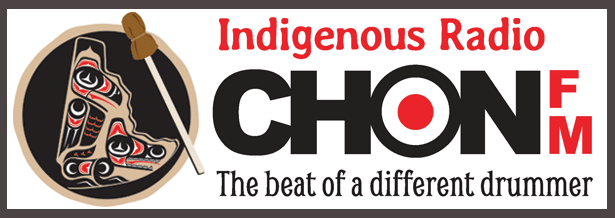
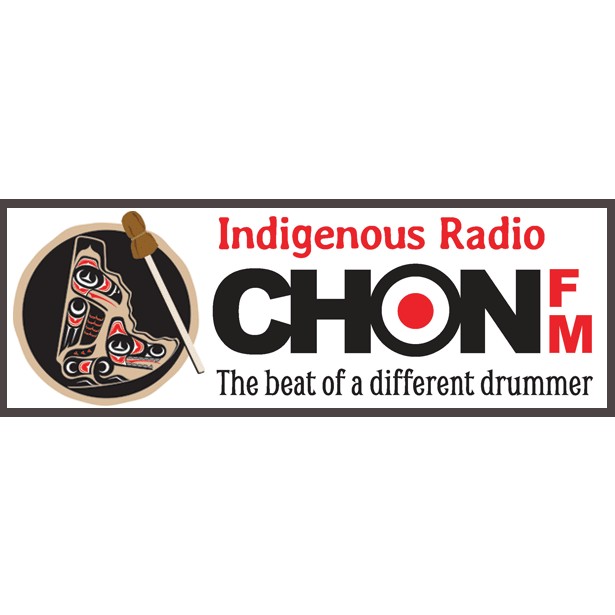

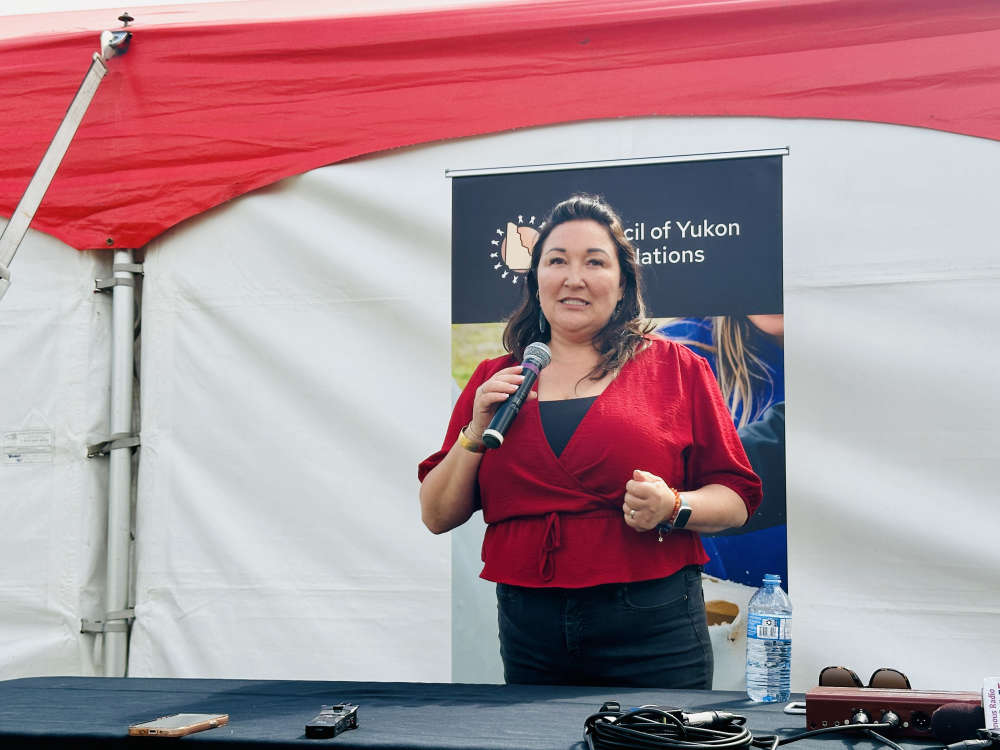 Math'ieya Alatini elected CYFN Grand Chief
Math'ieya Alatini elected CYFN Grand Chief
 Watson Lake man charged in firearm robbery
Watson Lake man charged in firearm robbery
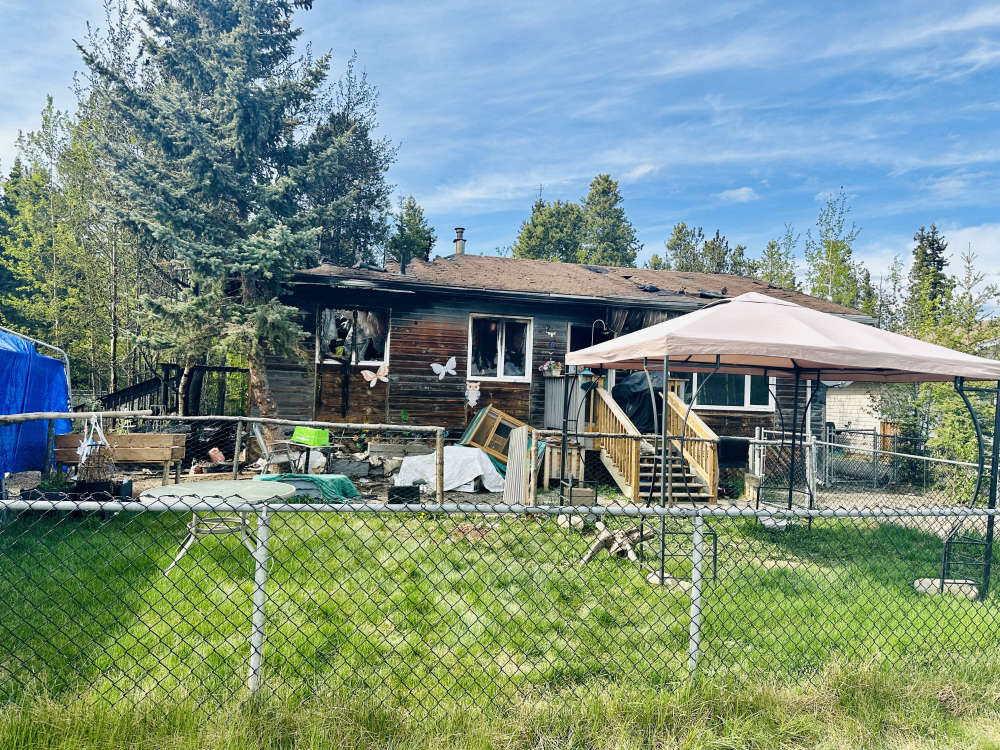 House fire in McIntyre contained
House fire in McIntyre contained
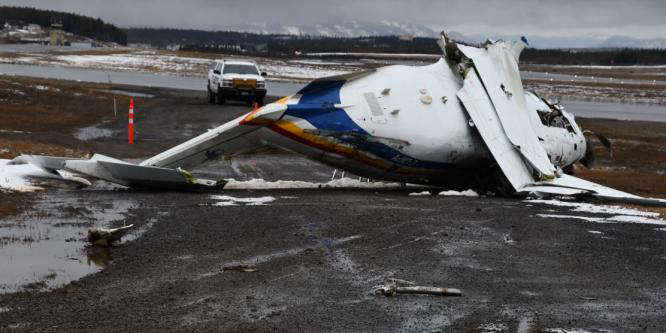 RCMP plane crash caused by faulty sensor: TSB report
RCMP plane crash caused by faulty sensor: TSB report
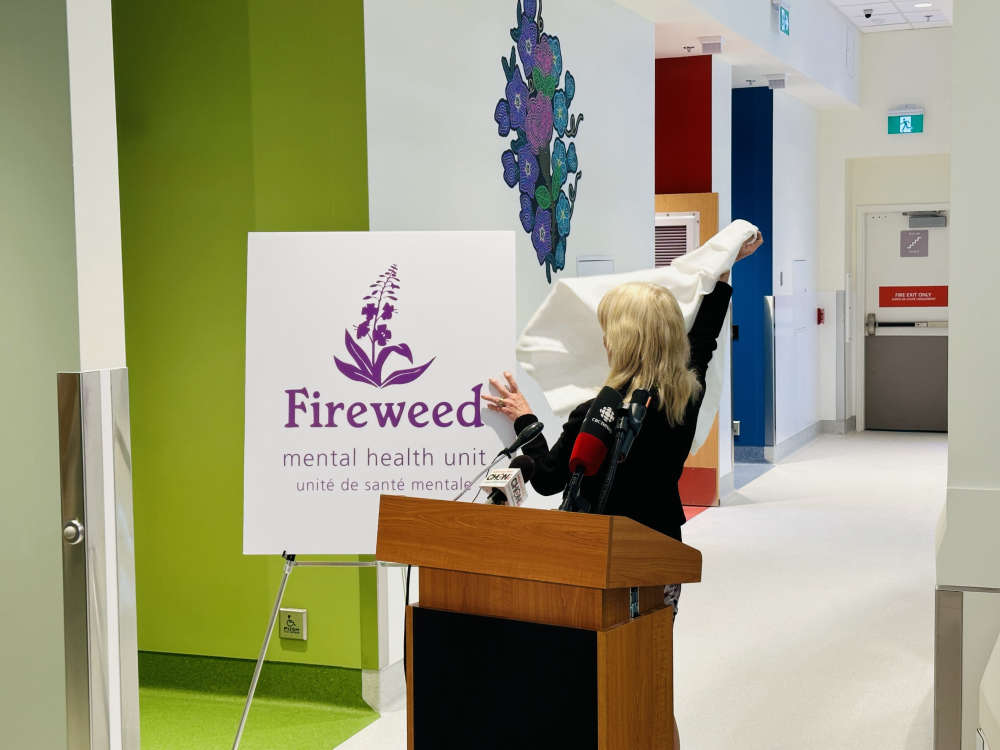 New Fireweed Mental Health unit opens at Whitehorse General Hospital
New Fireweed Mental Health unit opens at Whitehorse General Hospital
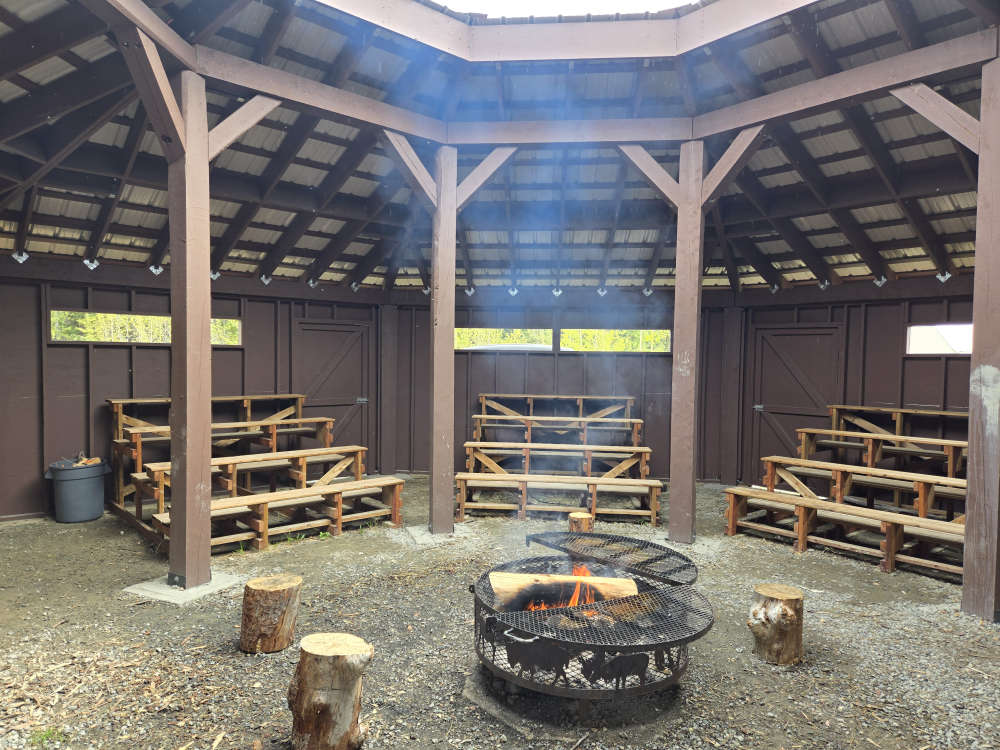 Traditional learning camp opens at Whitehorse school
Traditional learning camp opens at Whitehorse school
 Yukon Schools introduce online registration for bus service
Yukon Schools introduce online registration for bus service
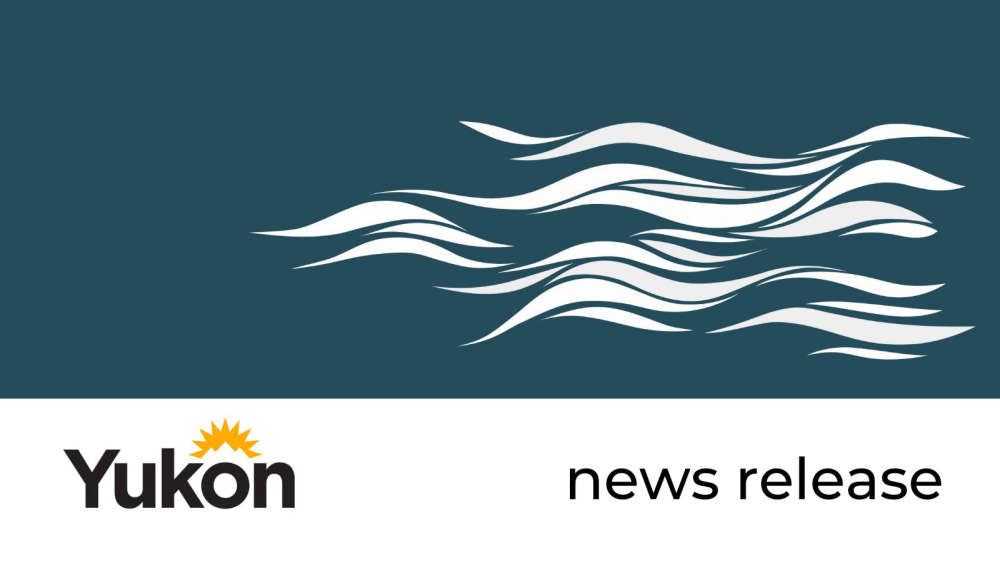 Yukon Government unveils progress in healthcare transformation with 2024 Putting People First annual report
Yukon Government unveils progress in healthcare transformation with 2024 Putting People First annual report
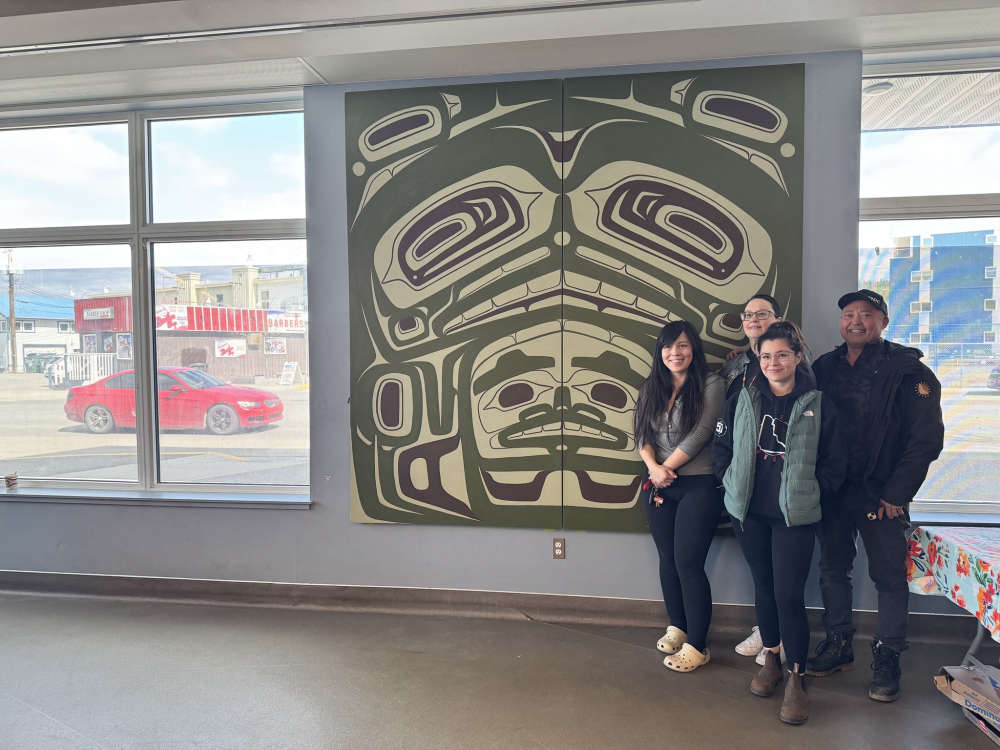 Whitehorse Emergency Shelter unveils New Artwork celebrating Yukon First Nations culture
Whitehorse Emergency Shelter unveils New Artwork celebrating Yukon First Nations culture
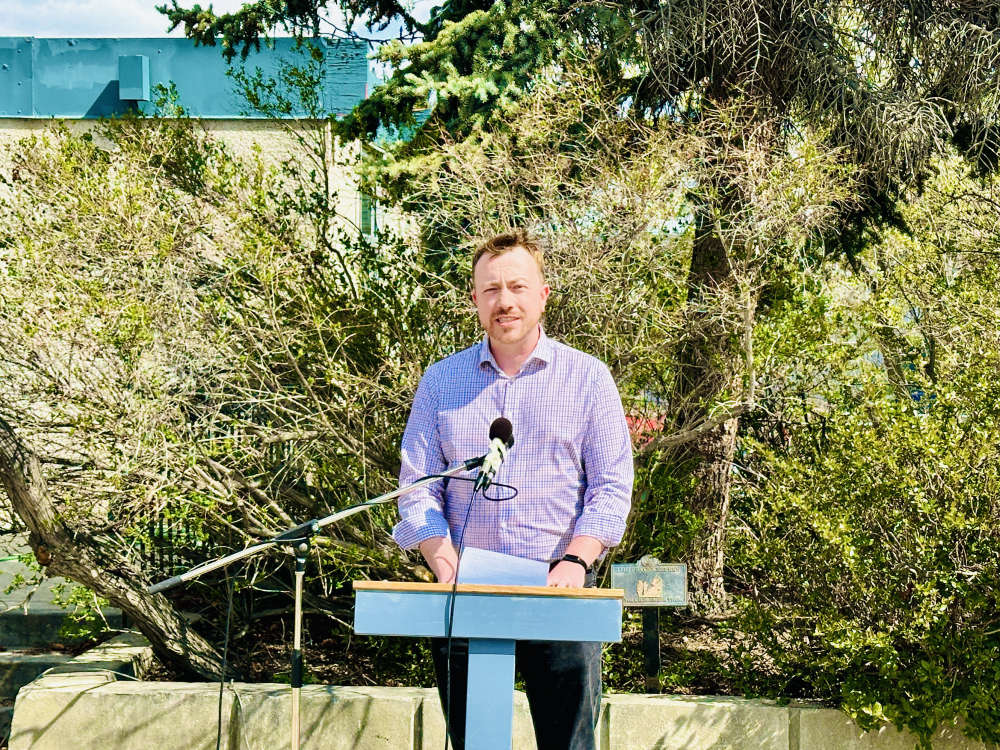 Former Whitehorse City Councillor Ted Laking announces bid for Yukon Party nomination in Porter Creek Centre
Former Whitehorse City Councillor Ted Laking announces bid for Yukon Party nomination in Porter Creek Centre
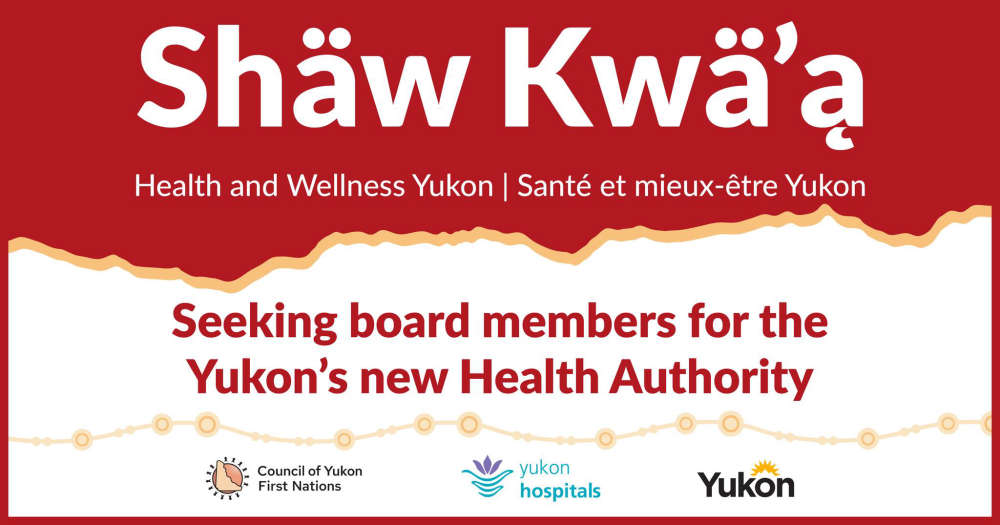 Yukon Government seeks applicants for new Health Authority Board
Yukon Government seeks applicants for new Health Authority Board
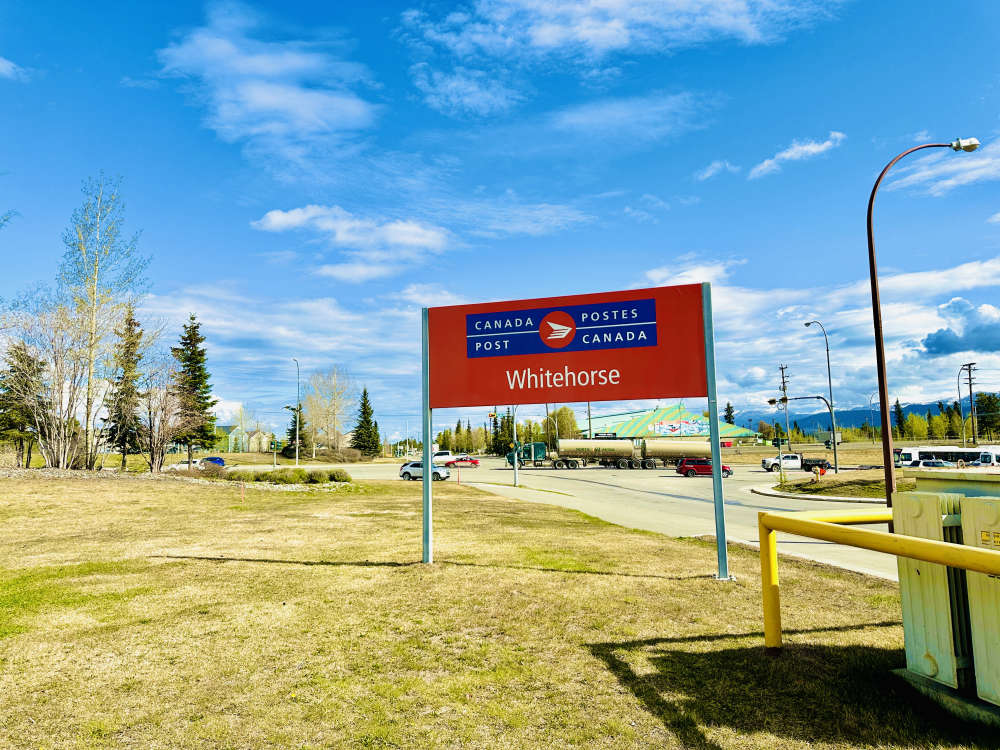 Canada Post strike looms, Yukoners brace for disruption
Canada Post strike looms, Yukoners brace for disruption
 Driver charged in fatal collision that killed Yukon Government Deputy Minister and injured Minister
Driver charged in fatal collision that killed Yukon Government Deputy Minister and injured Minister
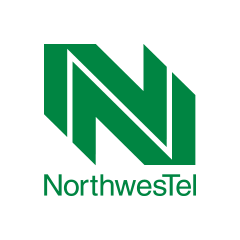 Yukoners encouraged to apply for Northwestel's Northern Futures Scholarship Program
Yukoners encouraged to apply for Northwestel's Northern Futures Scholarship Program
 City of Whitehorse summer transportation maintenance work underway
City of Whitehorse summer transportation maintenance work underway
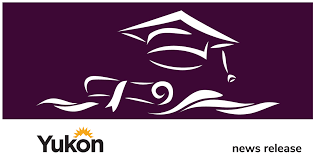 Yukon Government seeks input on new downtown public school
Yukon Government seeks input on new downtown public school
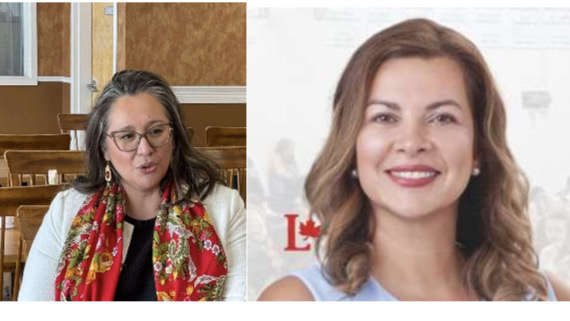 Indigenous leadership takes centre stage: Rebecca Chartrand and Mandy Gull-Masty appointed to key cabinet roles
Indigenous leadership takes centre stage: Rebecca Chartrand and Mandy Gull-Masty appointed to key cabinet roles
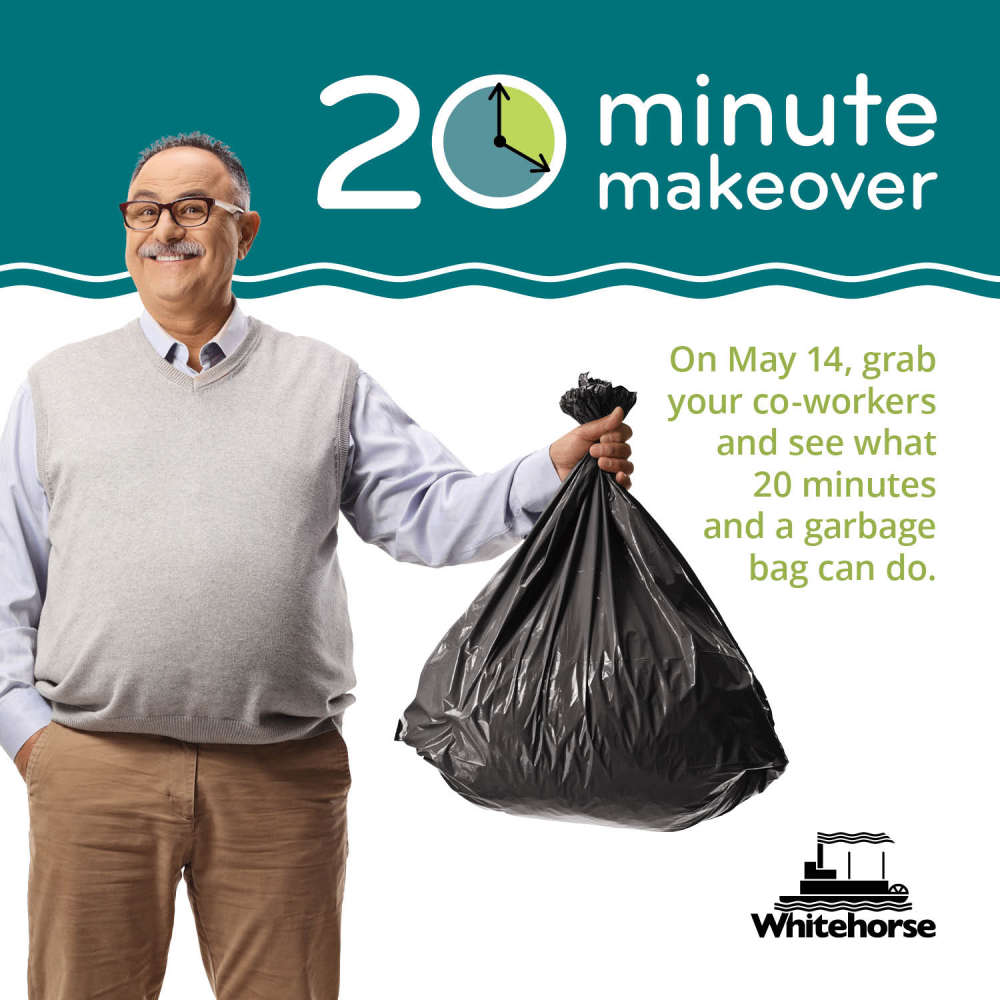 Whitehorse prepares for Annual 20-Minute makeover
Whitehorse prepares for Annual 20-Minute makeover
 RCMP conducting training exercises on Schwatka Lake
RCMP conducting training exercises on Schwatka Lake
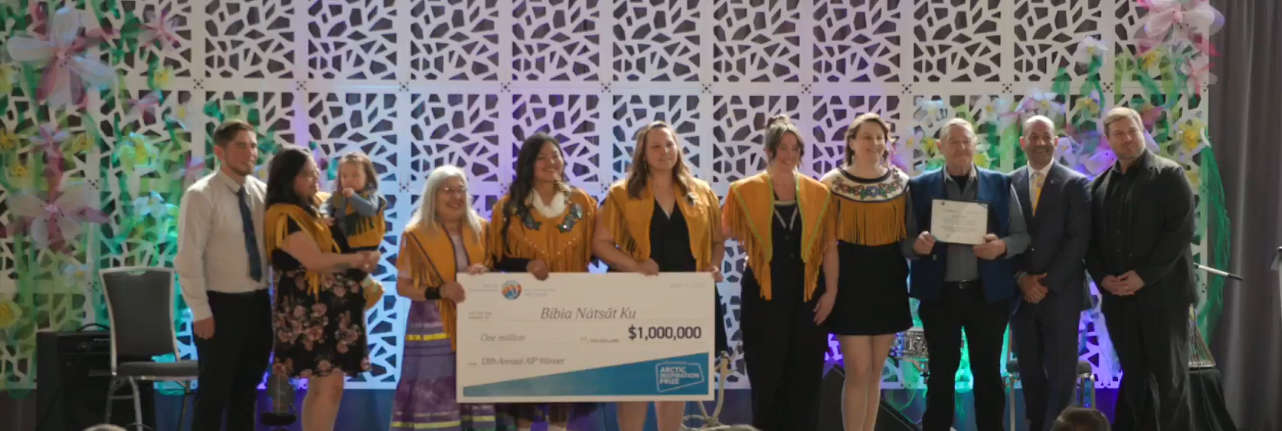 CYFN makes history as winner of prestigious Arctic Inspiration Prize
CYFN makes history as winner of prestigious Arctic Inspiration Prize